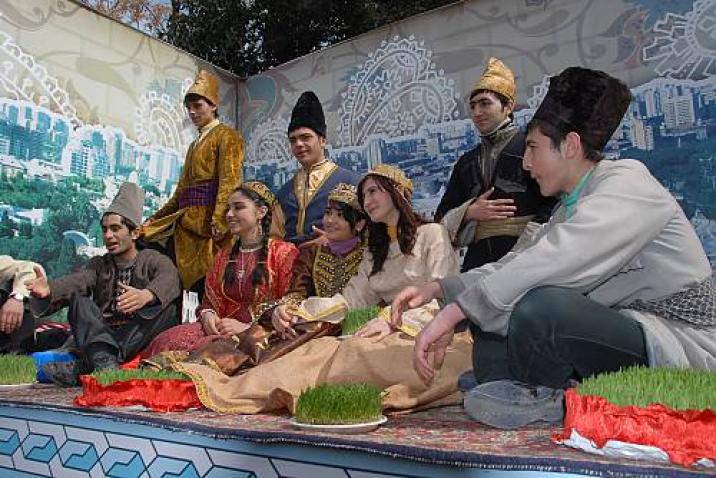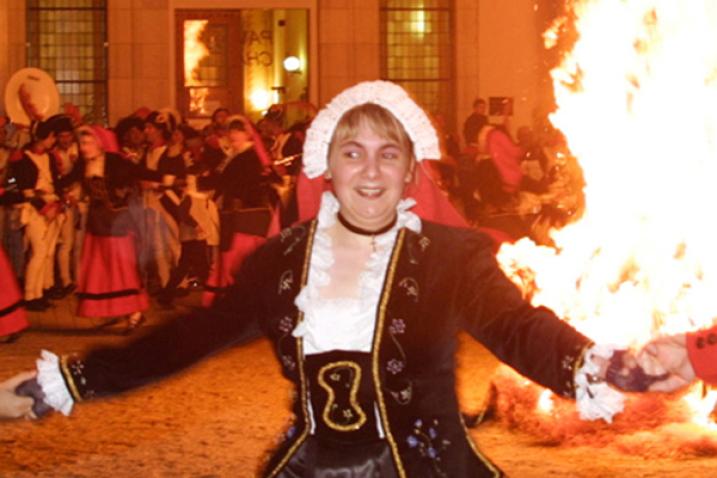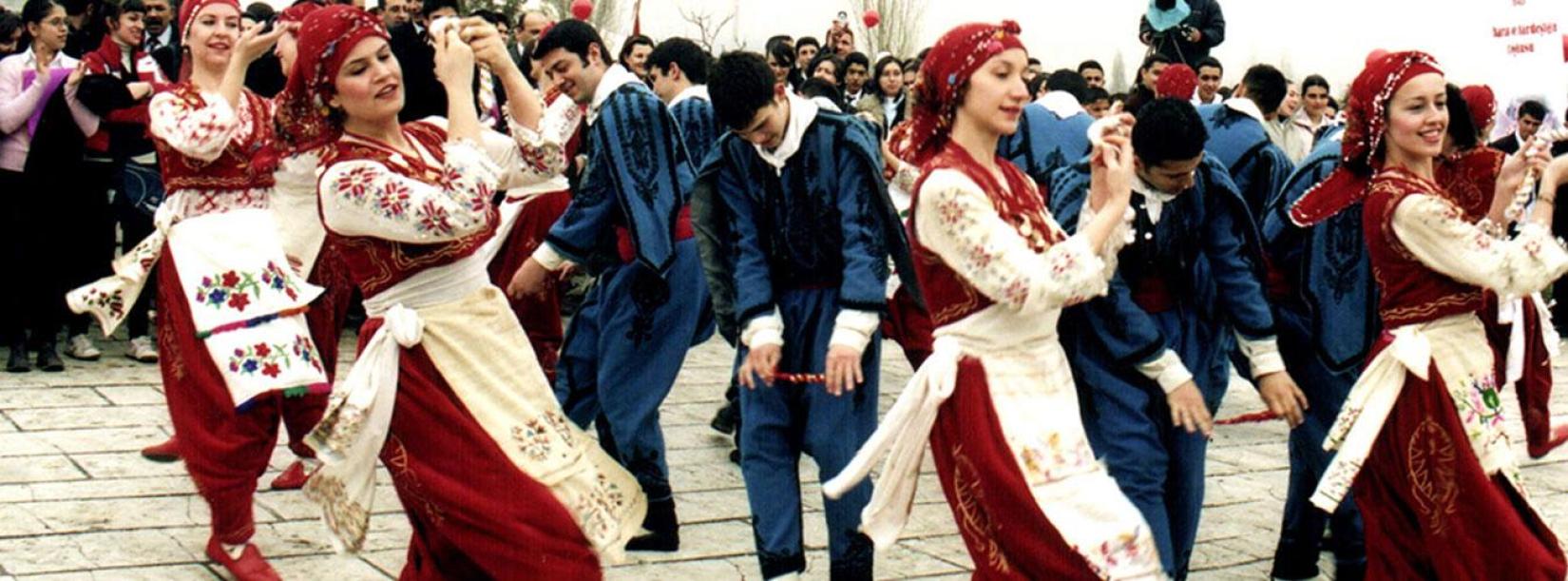Background
International Nowruz Day was proclaimed by the United Nations General Assembly, in its resolution A/RES/64/253 of 2010, at the initiative of several countries that share this holiday. Under the agenda item of “culture of peace”, the member states of Afghanistan, Azerbaijan, Albania, the Former Yugoslav Republic of Macedonia, Iran (Islamic Republic of), India, Kazakhstan, Kyrgyzstan, Tajikistan, Turkey and Turkmenistan prepared and introduced a draft resolution (A/64/L.30) entitled "International Day of Nowruz" to the ongoing 64th session of the General Assembly of the United Nations for its consideration and adoption.
In the 71st plenary meeting on 23 February 2010, The General Assembly welcomed the inclusion of Nowruz in the Representative List of the Intangible Cultural Heritage of Humanity by the United Nations Educational, Scientific and Cultural Organization on 30 September 2009.
It also recognized 21 March as the International Day of Nowruz, and invited interested Member States, the United Nations, in particular its relevant specialized agencies, funds and programmes, and mainly the United Nations Educational, Scientific and Cultural Organization, and interested international and regional organizations, as well as non-governmental organizations, to participate in events organized by States where Nowruz is celebrated.

Intangible Cultural Heritage of Humanity
Nowruz was inscribed in 2016 on the Representative List of the Intangible Cultural Heritage of Humanity. New Year is often a time when people wish for prosperity and new beginnings. An important tradition practised during this time is the gathering around ‘the Table’, decorated with objects that symbolize purity, brightness, livelihood and wealth, to enjoy a special meal with loved ones. Gifts are exchanged, especially for children, featuring objects made by artisans. There are also street performances of music and dance, public rituals involving water and fire, traditional sports and the making of handicrafts.

Related Observances
- International Day of Living Together in Peace
- World Day for Cultural Diversity for Dialogue and Development
- International Day of the Celebration of the Solstice
- International Day of Yoga
- International Day of the World's Indigenous Peoples
- International Day of Non-Violence
- International Day for Tolerance
Why do we mark International Days?
International days and weeks are occasions to educate the public on issues of concern, to mobilize political will and resources to address global problems, and to celebrate and reinforce achievements of humanity. The existence of international days predates the establishment of the United Nations, but the UN has embraced them as a powerful advocacy tool. We also mark other UN observances.
Messages
Resources
- GA Resolution declaring the day A/RES/64/253
- UNESCO Intangible Heritage listing
- Astana Declaration (A/63/512)
- Convention for the Safeguarding of the Intangible Cultural Heritage
- Declaration of Athens – The heritage of ancient civilizations: Implications for the modern world (A/54/60)
- Declaration for Promoting Dialogue and Mutual Understanding among Religions and Civilizations (A/62/553)
- Declaration of the Principles of International Cultural Cooperation
- GA resolution recognizing 21 March as the International Day of Nowruz (A/RES/64/253)
- Global Agenda for Dialogue among Civilization (A/RES/56/6)
- Outcome document of Phnom Penh Dialogue 2008 on Interfaith Cooperation for Peace and Harmony (A/62/949)
- Perth Declaration (A/64/543)
- Tehran Declaration on Dialogue among Civilizations (A/54/116)
- The 2005 World Summit Outcome
- The Madrid Declaration issued by the World Conference on Dialogue (A/63/499)
- Universal Declaration on Cultural Diversity
- UN Alliance of Civilizations
This part of the article has been originally published in United Nations' site through this link: https://www.un.org/en/observances/international-nowruz-day








